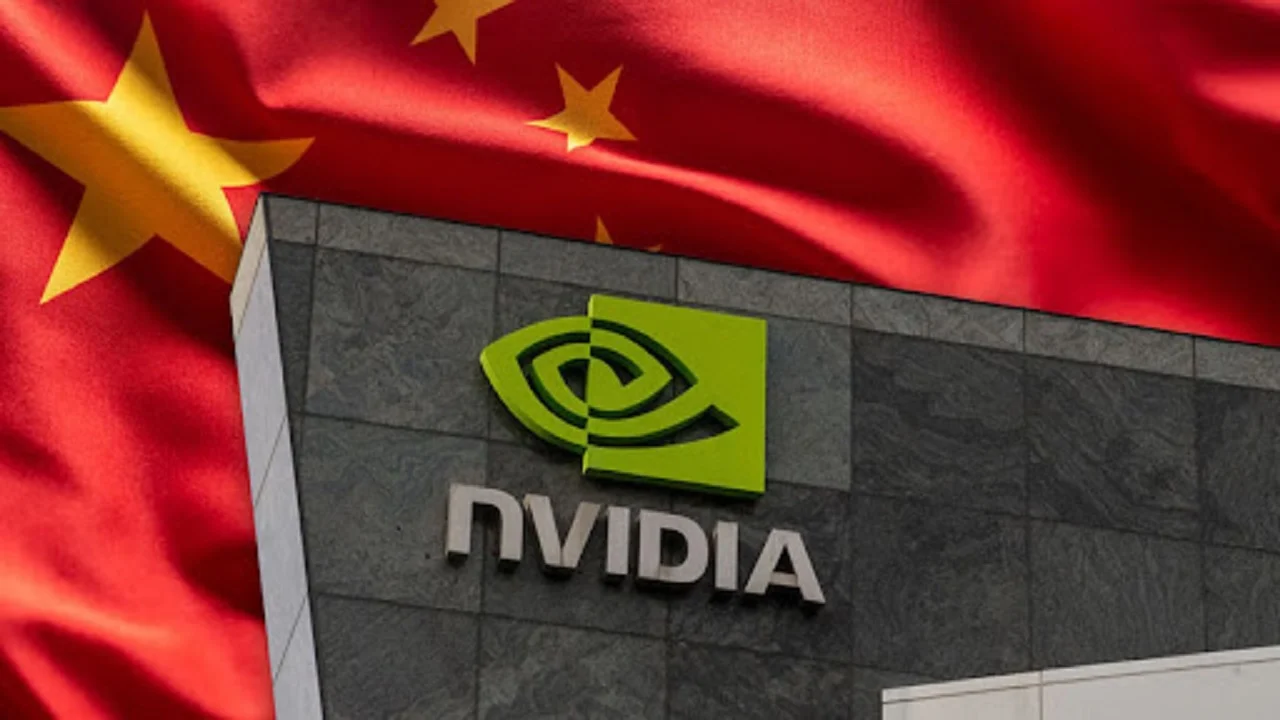China Launches Antitrust Investigation into Nvidia’s Mellanox Acquisition
China has initiated an antitrust investigation into Nvidia, focusing on potential anti-monopoly violations related to the company’s 2020 acquisition of Mellanox Technologies, an Israeli chipmaker. The $7 billion deal was approved by Chinese regulators under strict conditions, including ensuring fair competition with Chinese companies and preventing discriminatory practices.
Acquisition Conditions and Compliance Requirements
The approval of Nvidia’s acquisition of Mellanox came with several key stipulations. Among them, Nvidia and Mellanox were required not to discriminate against Chinese companies. Additionally, Mellanox was mandated to provide samples of new products to competitors within 90 days of release to ensure fair competition and maintain market performance parity.
US Sanctions and Nvidia’s Workarounds
Amid increasing scrutiny from the US government, Nvidia has faced limitations due to sanctions restricting the export of advanced technology, particularly GPUs, to China. In response, Nvidia has attempted to circumvent these restrictions by releasing modified products tailored to meet the requirements of the Chinese market. For example, after the US imposed restrictions on the RTX 4090 GPUs, Nvidia introduced the RTX 4090 D, specifically designed to comply with US export controls for China.
However, this approach has faced criticism from US officials, including US Commerce Secretary Gina Raimondo, who has warned against attempts to bypass these restrictions, emphasizing that such actions would be swiftly addressed by the US government.
Declining Revenue and Growing Competition
China has traditionally been a significant market for Nvidia, but its contribution to the company’s revenue has decreased due to the sanctions. In the fiscal year ending January 2024, China accounted for just 17% of Nvidia’s revenue, down from 26% two years ago. This decline is attributed to both the impact of US sanctions and the rise of domestic competitors within China’s semiconductor industry.
China’s Response to US Sanctions
The Nvidia investigation is part of China’s broader strategy to push back against US sanctions. In recent months, China has taken action to restrict the sale of critical materials such as gallium, germanium, and antimony, which are essential to semiconductor and electric vehicle production. This move is seen as a direct countermeasure to the ongoing trade conflict between the two nations.
Nvidia’s Statement and Cooperation with Regulators
Nvidia has responded to the investigation by reaffirming its commitment to compliance with regulatory requirements. A company representative stated, “Nvidia wins on merit, as reflected in our benchmark results and value to customers. We work hard to provide the best products we can in every region and honour our commitments everywhere we do business. We are happy to answer any questions regulators may have about our business.”
Conclusion
As the antitrust investigation progresses, it highlights the increasing complexities in the global semiconductor industry, where economic, political, and technological factors intersect. The outcome could have significant implications for Nvidia’s operations in China and impact the broader global tech landscape.

